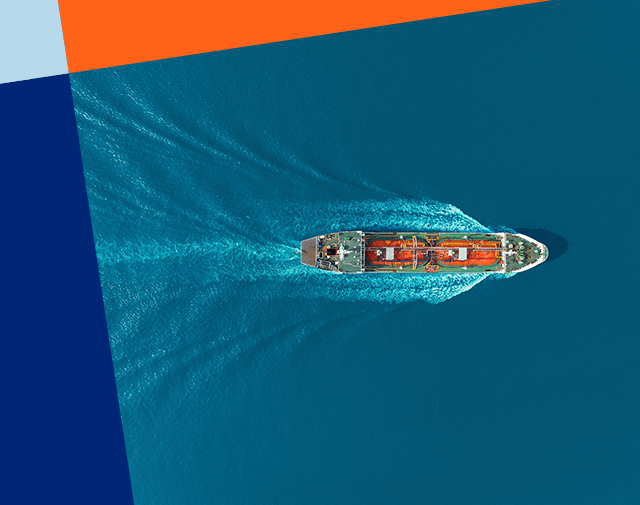Speaking ahead of chairing the Asian Emissions Technology Conference in Singapore in November, Don Gregory said “Our opinion, at the moment, from the information we have, is that we will be able to design a lubricant that spans 0.1-0.5% [sulphur fuels] for all types of engines.”
Mr Gregory said the biggest challenge for engines operating on 0.5% or less sulphur fuels are the potential for problems with the fuel itself and the way it reacts in the engine, potentially producing gum deposits and poorer fuel quality.
The Gulf Marine expert, who is also the director of the Exhaust Gas Cleaning Systems Association (EGCSA), said the likelihood was that the number of lubricants would decrease with the implementation of the 2020 sulphur limits prescribed by the MARPOL Convention.
“There will be an oil that is suitable for 0.1-0.5[% sulphur fuels]. Initially, as most of the ships will be burning fuels to meet compliance, that’s what they’ll use. And then, once ships fit scrubbers, I suspect that it’ll be a fairly high[-bn] number cylinder oil that will cover that. So, there will probably be fewer cylinder oils available in 2020 than there are today.”
Mr Gregory expects that residual fuel oil – which contains a higher sulphur content – will be produced in the highest volumes over the course of the next decade, followed closely by diesel. And he doesn’t expect much uptake for alternative fuels such as methanol, biofuels and liquid and condensed natural gas.
In the long term, he said, dual-fuel and hydrogen are both potentially viable fuel options.
Dual-fuel is unlikely to be widespread or to have much of an impact on shipowners’ business decisions around current and upcoming emissions standards, according to Mr Gregory, while hydrogen faces challenges including energy density and bunkering strategies.
As for the middle-term outlook on what technologies the industry may adopt to lower emissions, Mr Gregory said exhaust gas recirculation could well overtake selective catalytic reduction post-2020.
“It doesn’t require a process with urea, it has a much longer lifespan and doesn’t require the catalyst to be changed and doesn’t create ammonia slip,” he said.
Ultimately, during the Asian Emissions Technology Conference, Mr Gregory said he hopes to get two messages across to shipowners and operators. One is to plan for 2020, the other is not to delay in implementing those plans so that his company has the time it needs to develop necessary products.
“Despite the challenges in the marketplace today, it’s essential that you start planning for 2020, now. Start doing exercises such that whatever you’ve planned [can be] executed,” Mr Gregory said.
“We’re, as lubricant suppliers, making assumptions based on the data that’s available and from talking to customers. The feedback from customers is that they haven’t made up their minds yet. So, it makes it difficult to plan development of products when you don’t know what the horizon is going to look like come 2019.
“Don’t hold out, you need to get going, because otherwise it’s going to be a series of brinksmanship exercises, and that could stop people looking forward.”
The Asian Emissions Technology Conference is a one-day conference taking place in Singapore on 6 November 2017. Gulf Oil Marine are platinum sponsors of the event.


 Don Gregory will chair the Asian Emissions Technology Conference in Singapore on 6 November.
Don Gregory will chair the Asian Emissions Technology Conference in Singapore on 6 November.


